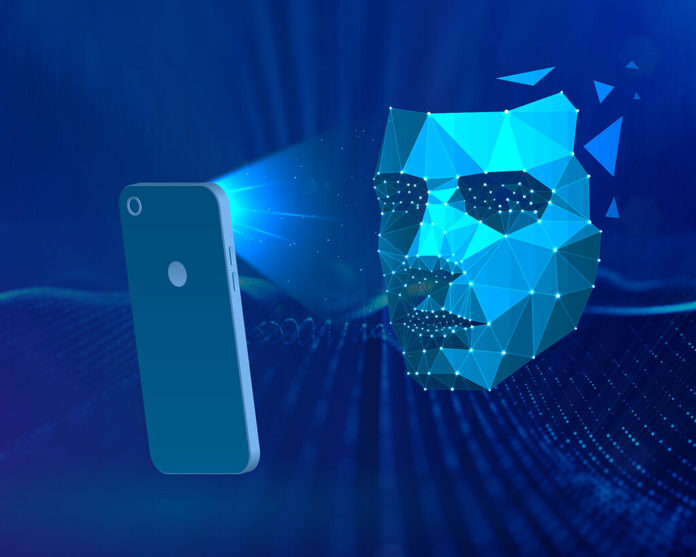In 1996, the Stanford Research Institute’s Peter Hart conducted an experiment that involved people and a computer system recognizing people’s faces. The facial recognition technology did better than the human subjects when asked to perform basic facial recognition tasks. Since then, facial recognition technology has become many more times advanced.
Technology has made life easier for the world, though there are several downsides of the advancement of technology. One of these downsides is that technologies like facial recognition software could infringe on the privacy of people who aren’t doing anything wrong, such as being used by government agencies or private interests to spy on people.
You may be familiar with “deep fakes,” which are videos edited to make people look and sound like they’ve said things that they never said or did. Some deep fakes are of such high quality that the majority of people, even those who have experienced in telling whether pictures and videos are legitimate, original, and unedited or not, can’t tell that they’re doctored.
Federal and state governments alike often work slowly. As a result, they are generally unable to create meaningful legislation in time to protect consumers and society from potential threats.
However, California’s municipality of San Francisco, one of the state’s largest cities, which is also home to Silicon Valley, a region that hosts some of the world’s best and brightest tech companies, recently outlawed the use of tools that utilize facial recognition technology from being used by the city government.
Although this doesn’t protect consumers from every threat regarding facial recognition technology, it does block the government, the most likely abuser of facial recognition technology, from taking advantage of its citizens.
The bill that was ultimately responsible for the law was formally known as the Stop Secret Surveillance ordinance.
The roots of the Stop Secret Surveillance ordinance stem from the arrest of Denise Green, a resident of San Francisco, in 2014. One of the city’s law enforcement officers, who was patrolling traffic on San Francisco streets at the time, pulled over Denise’s green Lexus car after a license-plate reader incorrectly identified her as driving a stolen vehicle.
Green was ordered from the vehicle by six law enforcement officers at gunpoint. San Francisco ultimately paid out about a half-million dollars resulting from Green’s wrongful arrest and detention.
An attorney hired by the American Civil Liberties Union who helped draft the proposal shared, “The central motivator here is public safety.”



